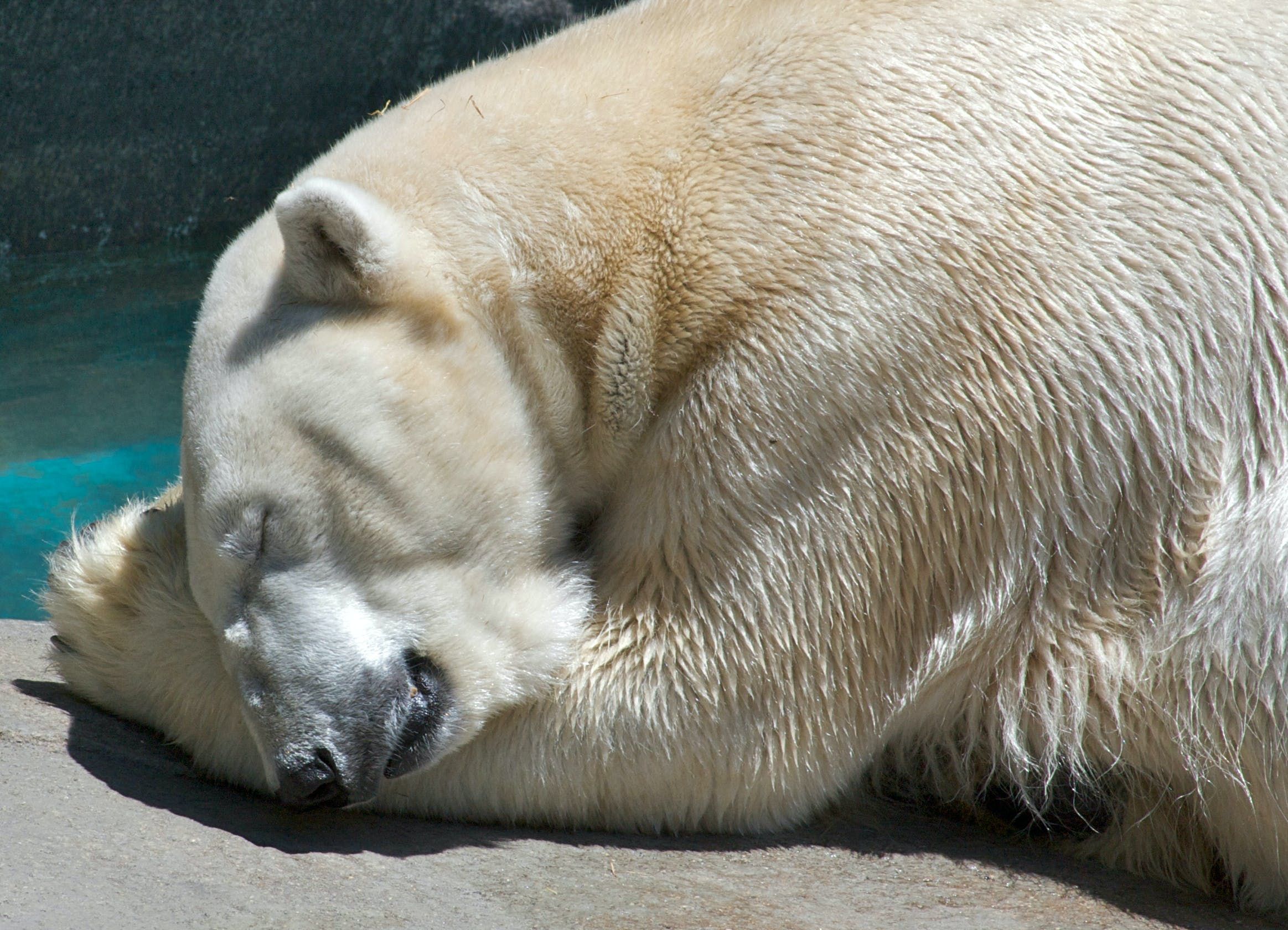Sleep is just as important for a healthy body as a balanced diet is. Good sleep habits, just like eating, can drastically improve overall mental and physical health. According to an article by the National Heart, Lung and Blood Institute, proper sleep habits play a role in forming new pathways for learning, decision-making skills, managing emotional issues, healing, repairing blood vessels and more. Plus, a lack of proper sleep can lead to an increased risk of heart and kidney disease, diabetes, stroke and obesity.
FOLLOW US ON FACEBOOK & INSTAGRAM
Folks struggling with insomnia are, unfortunately, acutely aware of how vital quality sleep is. Insomnia, defined as habitual sleeplessness, is an incredibly common problem affecting up to 30% of Americans every year. A number of things can cause insomnia including:
- Genetics
- Hormones
- Chronic pain
- Depression
- Anxiety
- A snoring partner
Whether you’re suffering from acute or chronic insomnia, the traditional medical fix usually includes sleeping pills. This course of action may not be ideal for many people as sleeping pills come with some serious side effects including addiction, confusion and problems with attention.
If you find yourself looking for holistic ways to treat insomnia, here’s a quick list of the top methods for getting your zzz’s. And, you guessed it, this list includes: cannabis.
Take an Hour to Power Down
For some, insomnia can be the result of simply not putting your brain to rest properly. If you’re like most Americans, our brains are buzzing constantly from incoming text messages, social media imagery, emails and the latest Netflix shows. In an ever-connected world, it’s often hard to get our minds to slow down and our eyes off our screens. This failure to calm the brain ahead of sleep can make good rest hard to find.
According to clinical psychologist and sleep specialist Michael J. Breus, Ph.D., quality sleep takes a powering down process. In his book titled The Power of When, Breus suggests a three-part, 60-minute approach to bedtime.
- For the first 20 minutes, finish any of the “must accomplish” tasks that will keep you up at night if they aren’t crossed off your to-do list.
- Use the next 20 minutes to complete your bedtime routine, like brushing your teeth and washing your face.
- Use the final 20 minutes of your power-down hour to lie in bed and focus on your breathing.
Stick to a Strict Bedtime
If you’re experiencing a particularly stubborn bout of insomnia, you may benefit from sticking to a very strict bedtime for at least two weeks. This includes weekends because, despite the rumors, sleeping in on the weekends can actually be more detrimental to sleep than it is restorative.
Keeping a regular sleep schedule is the Sleep Foundation’s number one tip for healthy sleep. That’s because the brain and body respond well to routine. The more consistent your bedtime schedule is, the more likely your body and mind are to adhere to that schedule.
If this method means you’d be drastically changing your bedtime, say going from 2 a.m. to 10 p.m., it’s going to take some time to make the change. It’s better to do it in gradual increments, according to the Sleep Foundation. Start by going to bed at 1:30 a.m. for a few days, then move bedtime up by another 30 minutes a few days later. Repeat this process until you reach your bedtime goal.
Wind Down With Cannabis
The role that the endocannabinoid system (ECS) plays in vital functions of the body is hard to overstate. The ECS is involved in everything including:
- Hunger
- Pain
- Fertility
- Memory
- Locomotive activity (walking and running)
Sleep is also one of the functions that relies on ECS regulation. When tetrahydrocannabinol (THC) and cannabidiol (CBD) interact with cannabinoid receptors in the body, they can help modulate sleep patterns.
RELATED: FINDING RELIEF FROM INSOMNIA WITH CANNABIS
Dr. Claudia Jensen, M.D., noticed many of her patients reporting that since taking medical marijuana, they started falling asleep faster. Using data collected from her clinic, Dr. Jensen published a study in 2011 in The Journal of Cannabis in Clinical Practice.
Patients fell asleep 30–45 minutes faster, on average, after they began using medicinal cannabis. Of the 116 people interviewed during the study, 79% claimed their sleep quality improved with medical marijuana.
If you’re interested in taking marijuana to help you fall asleep and stay asleep, you’ll probably need to experiment a bit to find the cannabis strain, consumption method, timing and dose that help you best. Many people find indica strains help them fall asleep, while others pay more attention to the THC-to-CBD ratio than strain variation. Now, in some states, there are even cannabis products marketed specifically for sleep with names like Sleep, Calm and Dissolve.
It’s worth noting that cannabis edibles seem to be a good choice for people who have problems staying asleep. Because of how the marijuana is processed through the liver, a cannabis edible will take longer to kick in. However, it will last longer than vaping or smoking will—typically 6–8 hours, depending on the dose amount, when you took the edible and what you had for dinner.
Relax Your Mind With Meditation
Meditation is billed as a tool for calming, among other things:
- Anxiety
- Anger
- Sleeplessness
- Bad mood
According to a study published in JAMA Internal Medicine, mindful meditation can evoke the relaxation response necessary for our bodies to fall into sleep. The participants in the study included 49 middle-aged to elderly adults who experienced sleeping problems. Half of the participants completed a mindfulness awareness program with exercises designed to focus on the present. The other half was put through a course on sleep education, equipping them with ways to improve sleeping habits.
The study concluded that the participants in the mindfulness group had less insomnia, depression and fatigue than those in the other group did.
To practice mindfulness meditation, Dr. Herbert Benson from the Benson-Henry Institute for Mind Body Medicine suggests two steps:
- Focus on something that calms you. This could be your breathing or repeating a sound aloud.
- Relax your mind and whenever it wanders, gently bring it back to the calming point of focus.
Use this technique throughout the day and before bed to help you relax into slumber.
Finding a way to successfully treat insomnia is vital to your health. Proper quality and quantity of sleep can help you:
- Be more productive.
- Maintain a healthy weight.
- Make better decisions.
- Decrease your risk of developing serious medical issues.
Let us know how any of these holistic insomnia treatments worked for you in the comments section below.
Photo credit: Eric Danley, https://creativecommons.org/licenses/by/2.0/
If you’re new to cannabis and want to learn more, take a look at our Cannabis 101 post. HelloMD can help you get your medical marijuana recommendation; it’s easy, private and 100% online.






